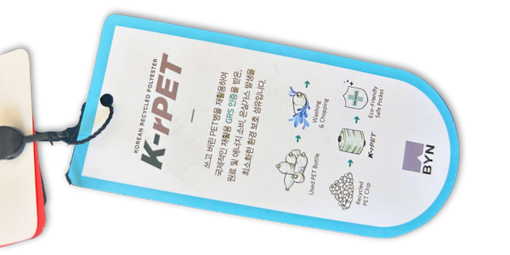
- Article published at:
Our long-time Partner for Change, Mercy Corps, is collaborating with the world’s most innovative organizations and communities around the world to reshape how humanity can adapt and thrive in the face of climate change. The impacts of climate change affect every country, causing unprecedented challenges for millions of people already burdened by poverty and oppression.
The increased frequency and intensity of extreme weather events like hurricanes, wildfires, and droughts threaten the world's food supply, drive people from their homes, separate families and jeopardize livelihoods. For those on the frontlines of the climate crisis, the struggle to earn a living, feed their families and create safe and stable homes is made more difficult every day.

That’s why, in places as diverse as Puerto Rico, Ethiopia, Mongolia, and Indonesia, Mercy Corps is helping people adapt to climate change. Mercy Corps does this work by considering the challenges each community is facing and then developing localized solutions that will make the biggest impact. Mercy Corps’ climate resilience work tackles the impacts of climate change — particularly disappearing livelihoods, rising food insecurity, increasing disaster and escalating violence.

“Climate change increases the risk of conflict. It degrades land and leads to competition over precious natural resources. Over time, conflict can displace entire communities and lead to life-threatening hunger. But we can prevent it if we proactively focus on these environmental risks and bring communities together to find solutions.”— Jenny Vaughan, Mercy Corps Director of Peace and Conflict
Nau supports Mercy Corps, and their work helping communities adapt to climate change, with an annual donation. If you would also like to support Mercy Corps this holiday season, you can make a donation on their website here.